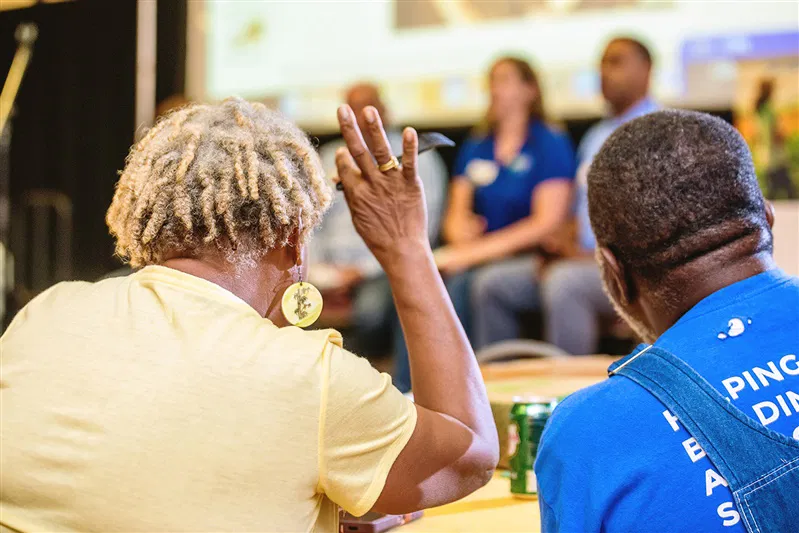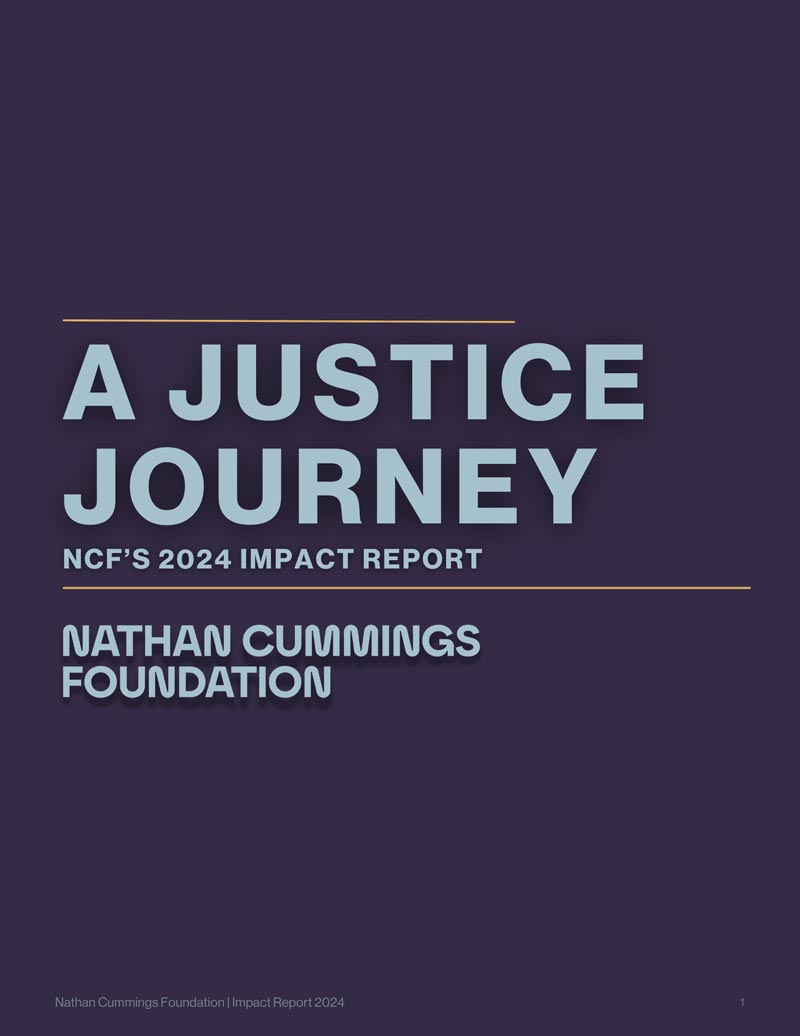In November of 2024, NCF finalized its commitment to bring 40% of our assets — both financial and non-financial — to support racial, economic, and environmental solutions across the U.S. South in concert with stakeholders in the public and private sectors
NCF is focusing its work at the regional level on the 13 target states of AL, AR, GA, KY, MO, OK, LA, MS, NC, SC, TN, VA, WV with an emphasis on work in LA, AL, and MS. NCF staff is working to distribute financial resources (grants and program-related investments) along with other assets (people and relationships, capital, knowledge, and voice) to advance catalytic opportunities in the region and source partnerships to provide support at the local, regional, and national level.

